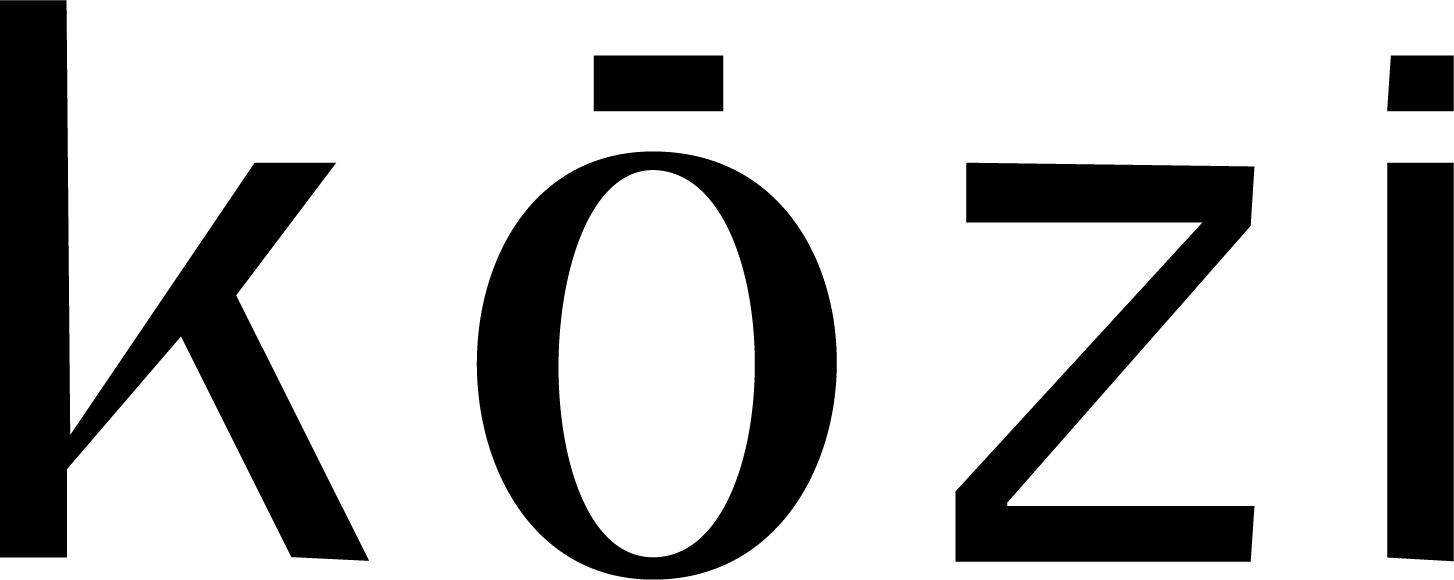Understanding Neck Pain: Causes, Symptoms, and Effective Care
Neck pain is a widespread discomfort affecting millions with diverse causes and symptoms. This guide gently walks you through understanding your neck pain, discovering causes, recognizing symptoms, and exploring safe, effective relief strategies—grounded in expert advice and natural wellness principles.
Key takeaways
- Neck pain (cervicalgia) affects up to 20% of adults, with varied causes including posture, injury, and medical conditions.
- Symptoms range from stiffness and soreness to radiating nerve pain and neurological signs.
- Diagnosis involves history, physical exam, and sometimes imaging to tailor treatment.
- Effective care includes self-care, ergonomic adjustments, physical therapy, and in some cases, specialized medical treatments.
- Prevention focuses on good posture, ergonomic workspaces, and strengthening exercises.
Table of contents
- 1. What is Neck Pain? Types and Definitions
- 2. Common Causes of Neck Pain
- 3. Recognizing Neck Pain Symptoms
- 4. Diagnosing Neck Pain
- 5. Effective Treatment Options
- 6. Home Remedies and Self-Care Tips
- 7. When Should You See a Doctor?
- 8. Preventing Neck Pain
- 9. Recovery Expectations
- 10. Support and Resources
1. What is Neck Pain? Types and Definitions
Neck pain, or cervicalgia, is discomfort localized around the cervical spine – the upper segment of your spine in the neck area. It can vary:
- Axial neck pain is pain limited to the neck, felt as stiffness, soreness, or tightness.
- Radicular neck pain spreads outward into shoulders, arms, or upper back, often indicating nerve issues.
Duration-wise it can be:
- Acute neck pain: lasting from a few days up to 6 weeks.
- Chronic neck pain: persisting beyond 3 months.
Women and older adults are more prone to neck pain, affecting 10-20% of adults worldwide. Identifying your type of pain helps in choosing the best care approach.
2. Common Causes of Neck Pain
Neck pain stems from various factors impacting muscles, bones, joints, ligaments, or nerves in your neck. Key causes include:
Muscle Strain and Poor Posture
- Long hours on computers or smartphones promote "tech neck," straining muscles with forward head tilt. Learn more about chronic neck pain here.
- Slouching and improper ergonomics add tension and soreness.
- Uneven bag carrying or unsuitable pillows add strain.
Age-Related Wear and Tear
- Osteoarthritis and degenerative disc disease gradually wear joints and discs.
- Spinal stenosis narrows the spinal canal, compressing nerves and causing pain.
Injury and Stress
- Sudden trauma like whiplash or sports injuries trigger acute pain.
- Chronic emotional stress tightens muscles causing persistent soreness.
Medical Conditions
- Herniated discs may press nerves causing radiating pain, numbness, or tingling.
- Rare spinal tumors or infections require urgent medical care.
Activities Impacting Neck Health
- Sports or exercises causing muscle imbalance (e.g., strong chest muscles but weak upper back) can misalign posture, adding neck strain.
Recognizing these causes allows for smarter lifestyle choices and targeted treatments to soothe your neck.
3. Recognizing Neck Pain Symptoms
Symptoms vary but commonly include:
- Sharp, stabbing, or dull aches in the neck.
- Muscle stiffness hindering free neck movement.
- Tenderness when pressing neck muscles.
- Pain radiating into shoulders, arms, or upper back — signaling nerve irritation.
- Neurological signs like numbness, tingling, or weakness in arms or hands.
- Sometimes headaches, dizziness, or nausea accompany neck pain.
Notice if symptoms limit daily activities or involve neurological signs, which may need professional evaluation.
4. Diagnosing Neck Pain
Doctors use methods to assess your neck pain accurately:
- Medical History: Understanding symptoms, lifestyle, injuries.
- Physical Exam: Neck mobility, muscle strength, tenderness, neurological checks.
- Imaging: X-rays, MRI, or CT scans if nerve issues or disc problems are suspected.
- Neurological Testing: To check nerve function and detect deficits.
This approach distinguishes simple strain from complex cases needing specialist intervention.
Source: Cleveland Clinic
5. Effective Treatment Options for Neck Pain
Most neck pain improves with conservative care over weeks. Effective options include:
Medications
- NSAIDs like ibuprofen reduce pain and inflammation.
- Acetaminophen offers pain relief when anti-inflammatories aren’t suitable.
- Muscle relaxants ease spasms, prescribed for short-term use.
Heat and Cold Therapy
- Heat relaxes muscles and boosts circulation. Discover our guide to heated neck wraps.
- Cold reduces inflammation and numbs pain especially after injury.
- Alternating both for about 20 minutes helps relieve symptoms.
Physical Therapy and Exercise
- Gentle stretches and strength exercises enhance flexibility and posture.
- Upper back strengthening supports neck and reduces pain episodes.
- Regular movement prevents stiffness and promotes healing.
Lifestyle Modifications
- Take breaks every 1-2 hours from screens to stretch.
- Set up ergonomic workstations with screens at eye level.
- Limit prolonged neck bending looking down at phones or tablets.
Specialized Treatments
- Corticosteroid injections for nerve inflammation when pain persists.
- Temporary neck braces to support healing when needed.
- Rarely, minimally invasive surgery addresses structural or nerve issues with less recovery time.
Source: Mayo Clinic
6. Home Remedies and Practical Self-Care Tips
- Heat and Cold Packs: Alternate warm towels or heating pads with cold packs to manage muscle tightness and inflammation. Learn how heat wraps ease neck tension.
- Gentle Massage: Lightly massage neck muscles toward your heart to loosen tension.
- Stretching Breaks: Regularly pause to gently stretch neck and shoulders.
- Improve Posture: Align your head over your spine and adjust sitting position and screen height accordingly. Explore herbal neck wrap relief.
- Ergonomic Adjustments: Support your spine with good chairs and device placement to avoid strain.
These self-care habits boost circulation and encourage gentle healing naturally.
Source: Medical News Today
7. When Should You See a Doctor?
Most neck pain improves on its own but consult a healthcare provider if you experience:
- Disabling pain lasting more than a few weeks.
- Severe numbness, weakness, coordination loss, or tingling.
- Neck pain following trauma or injury.
- Neurological symptoms like headaches, dizziness, or cognitive changes.
Early diagnosis ensures serious issues are addressed and you get tailored care.
8. Preventing Neck Pain with Good Posture and Exercises
- Maintain Proper Posture: Keep head aligned over spine when sitting, standing, or sleeping.
- Screen Positioning: Place monitors and devices at eye level to avoid forward tilt.
- Strengthening Exercises: Build upper back and shoulder muscles for neck support. Find comfort with heating neck wraps.
- Regular Movement: Avoid prolonged static postures; stretch frequently.
- Ergonomic Workspace Setup: Use supportive chairs and desk arrangements encouraging neutral spine.
These habits reduce strain, decrease risk of chronic neck pain, and improve overall comfort.
9. Recovery Expectations: What to Anticipate
With proper care, most mild to moderate neck pain improves within 2-3 weeks. Full recovery may take longer for serious causes.
Continue gentle activity within pain limits and avoid complete immobilization. Strengthening and posture exercises help prevent recurrence.
10. Support and Resources from Leading Health Institutions
Reputable centers like Cleveland Clinic, Aurora Health Care, and Mayo Clinic provide:
- Specialized evaluations by orthopedic, neurological, and rehabilitation experts.
- Personalized rehabilitation and educational programs.
- Access to advanced diagnostics and cutting-edge treatments.
- Patient education for prevention and sustained wellness.
These centers combine expert knowledge with holistic patient-centered care for balanced neck health.
"Treat your neck with kindness — embracing natural remedies and expert care brings true peace to body and mind."
To support your neck’s comfort, consider gentle warmth from herbal neck wraps crafted with care. Discover the healing touch of nature combined with luxury comfort, helping you restore, rejuvenate, and relax every day. Visit KOZI Wellness to explore solutions designed with you in mind.
FAQ
- What causes neck pain most commonly?
- Muscle strain from poor posture, especially from prolonged screen use (tech neck), and age-related changes like osteoarthritis are frequent causes.
- When should I see a doctor for neck pain?
- If pain lasts beyond a few weeks, is severe, causes numbness or weakness, or follows injury, consult a healthcare provider promptly.
- How can I relieve neck pain at home?
- Using heat and cold therapy, gentle massage, stretching breaks, and ergonomic adjustments can provide effective relief.
- Can neck pain be prevented?
- Yes, through good posture, ergonomic workspaces, regular movement, and strengthening exercises for neck and upper back muscles.
- Are neck wraps helpful for neck pain?
- Herbal heated neck wraps can soothe muscles, improve circulation, and reduce tension, supporting natural healing and relaxation.






